Memorial Day is a time to remember those who have served in the many branches of the military and to reflect on the ultimate sacrifice that service required. Since we can’t ask the soldiers killed in battle what war was like for them, we have to rely on living veterans to share their stories – be they inspirational and heroic or cautionary tales.
The following list includes both fiction and non-fiction tomes that propel the reader into action-packed war scenes with visceral descriptions. The authors range from former servicemen and women to journalists who spared no detail of their experiences, no matter how heinous.
In a time when World War III often feels like it might not be that far off, these must-read books remind us what battle really looks – and feels – like, and why we should try to keep the peace whenever we can.
Cover Photo: LifeJourneys (Getty Images)
Veterans Books
-
'The Things They Carried' by Tim O’Brien
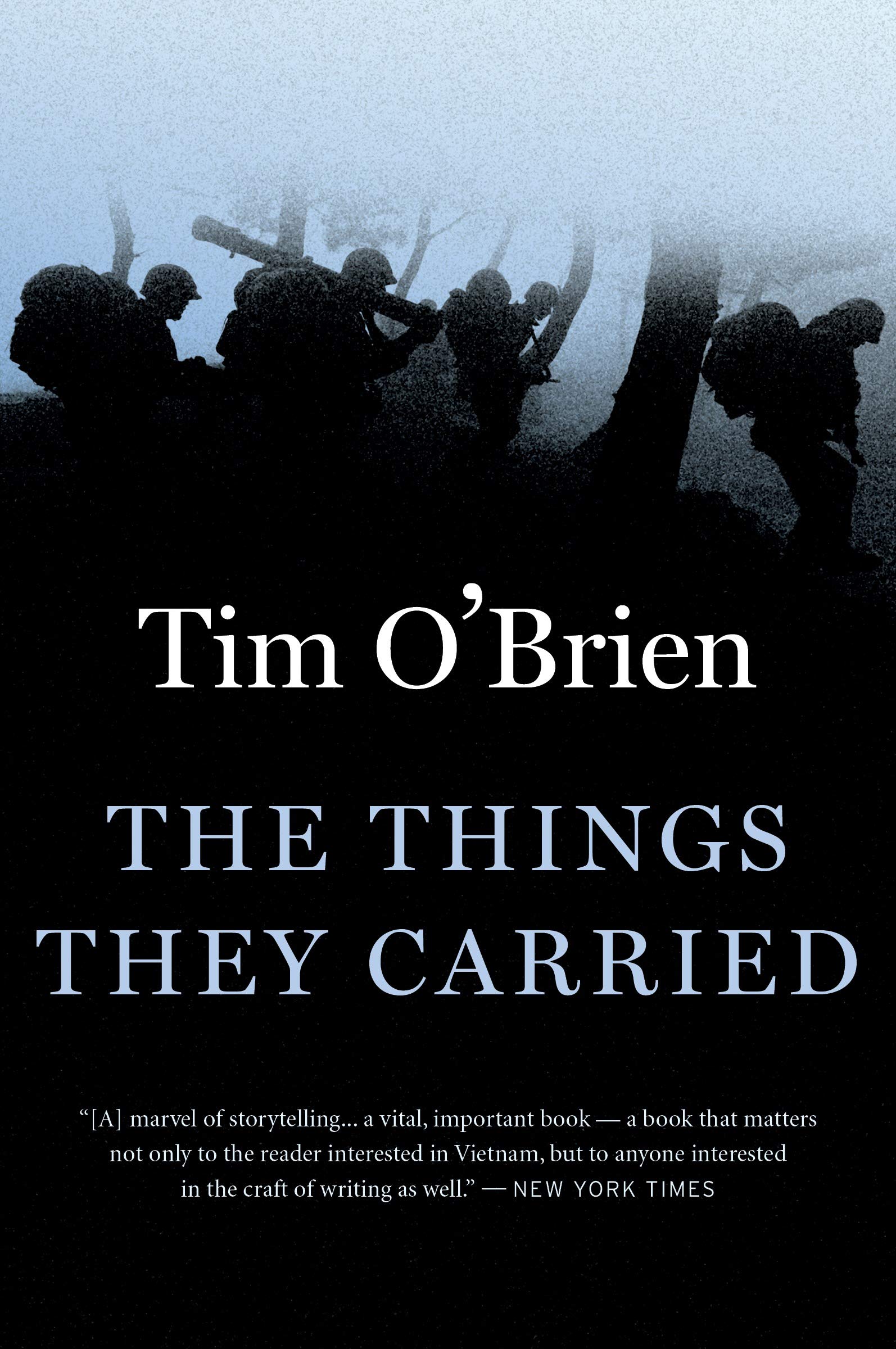
If you only read one book about war, this should be it. Based in part on Tim O'Brien's own experiences in Vietnam, these interconnected but non-chronological stories expose the gruesome acts, moral dilemmas, and psychological wounds of war. O'Brien's tales will eviscerate you, in a necessary if unsettling way, and the images in them will haunt you (three words: necklace of tongues). Don't say we didn't warn you.
-
'Jarhead' by Anthony Swofford

Gulf War veteran Anthony Swofford takes readers on a harrowing journey leading up to, and through, his time in the U.S. Marine Corps. From growing up with a Vietnam veteran father to the trials of boot camp to falling in love with a Japanese woman while on-base in Okinawa to "the suck" (a.k.a. the 112-degree desert), Swofford describes his inner state and outer circumstances with equal parts poetry and obscenity. Readers are introduced to concepts like the "field-fuck" ("an act wherein marines violate one member of the unit") and The Wall of Shame (where photos of unfaithful wives and girlfriends are posted). You'll soon know more than you ever wanted to about the day-to-day drudgery of war, from the "shitters" to rifle care and cleaning.
-
'Redeployment' by Phil Klay

This short story collection about the Iraq war was written by U.S. Marine Corps veteran Phil Klay. Channeling voices as diverse as a lance corporal, a mortuary services Marine, a chaplain, and a Foreign Services officer, Klay brings to light both the brutality and banality of war as well the psychological costs that servicemen pay when they come home. Klay’s characters navigate everything from helping the Iraqis form baseball teams to negotiating prices and services in a whorehouse. They drink to forget, run to cope, and obsessively watch war videos. This National Book Award-winner is unflinching and bittersweet. Ooh-rah.
-
'Eat the Apple' by Matt Young
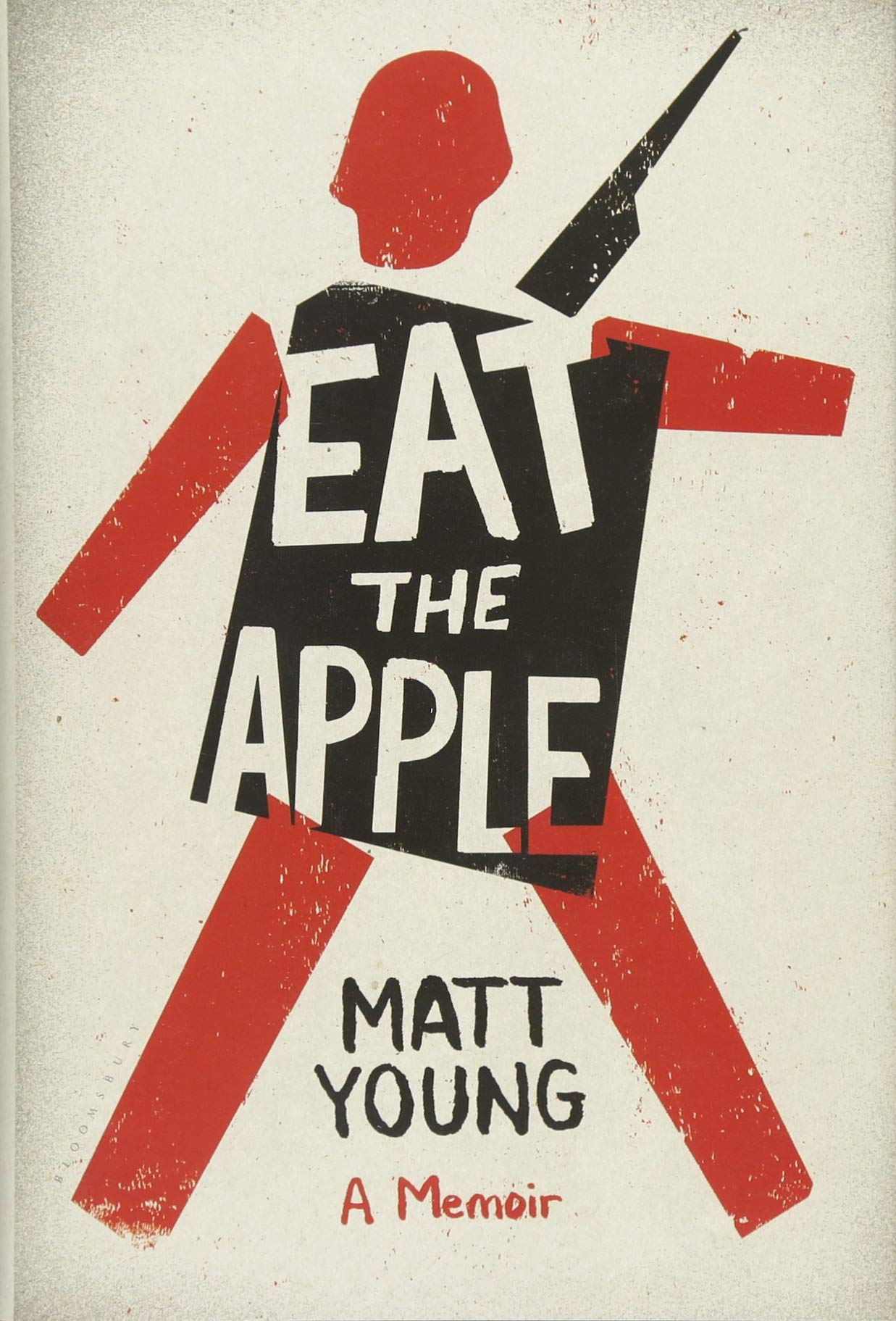
Matt Young joined the Marines at age 18 because he thought it would help him “man up.” What he got instead was a complex experience that involved cruelty (killing dogs for fun, defiling a corpse), terror (being so afraid during an ambush that he can’t stop laughing), and confusion (was the Iraq war worth risking one’s life for?). Young veers from the traditional memoir narrative, interspersing his stories with graphics, letters, lists, and other asides that keep the mood light without downplaying the seriousness of war – like a tutorial in “How to Make a Portable Partner” (i.e. the kind you can fuck).
-
'The Good Soldiers' by David Finkel
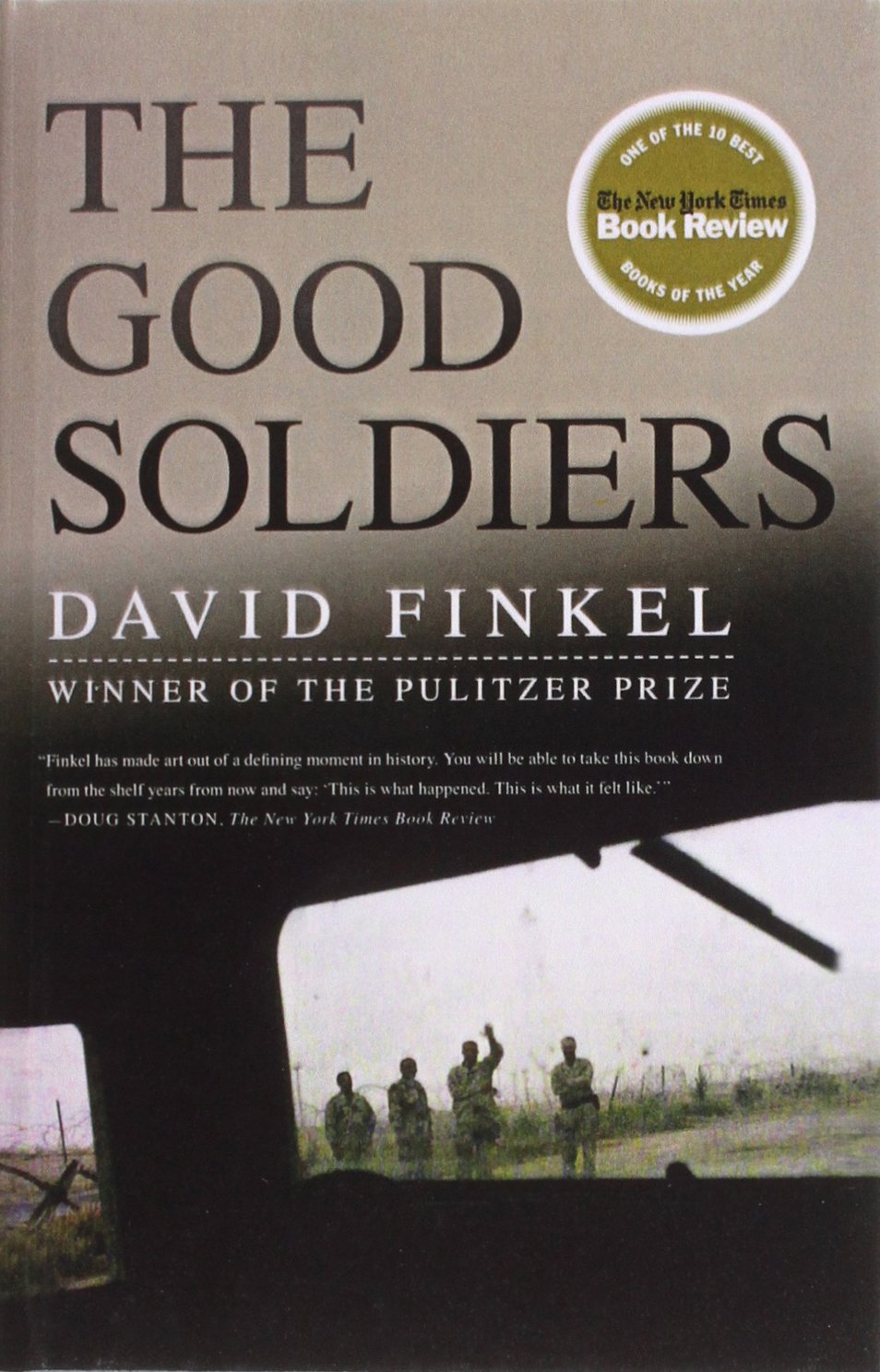
For 15 months, Pulitzer Prize-winning journalist David Finkel embedded with the 2-16 Infantry Battalion as they implemented a strategy known as "the surge" in Iraq. Under a constant assault by IEDs and EFPs and mortar attacks, the so-called Rangers must deal with logistical nightmares like implementing a trash removal program and traumatizing terrors like removing a putrid corpse from a septic tank. Those in charge (ahem, George W. Bush) don't seem to know what this war is about, and therefore have no indication when it's actually going to be over. You can feel the frustration as the repetitive, stressful nature of these soldiers' days begins to wear them down. By the time these soldiers get to go home, few remain unscathed.
-
'Thank You For Your Service' by David Finkel

David Finkel is back with the soldiers of the 2-16 Infantry Battalion – but this time, the war they're fighting is on the home front. The group of veterans is beginning to exhibit symptoms of PTSD: anxiety, depression, nightmares, angry outbursts, flashbacks. Physical ailments, especially Traumatic Brain Injury (TBI), abound. Many of the former army men rely on complicated cocktails of drugs to get through the day. Relationships suffer, finances are tight, and tensions are high. Finding appropriate treatment is a struggle. Through interviews, journals, emails, and text messages, readers get inside access to the debilitating after-effects of battle. If you've considered joining up, this book is bound to change your mind.
-
'The Yellow Birds' by Kevin Powers
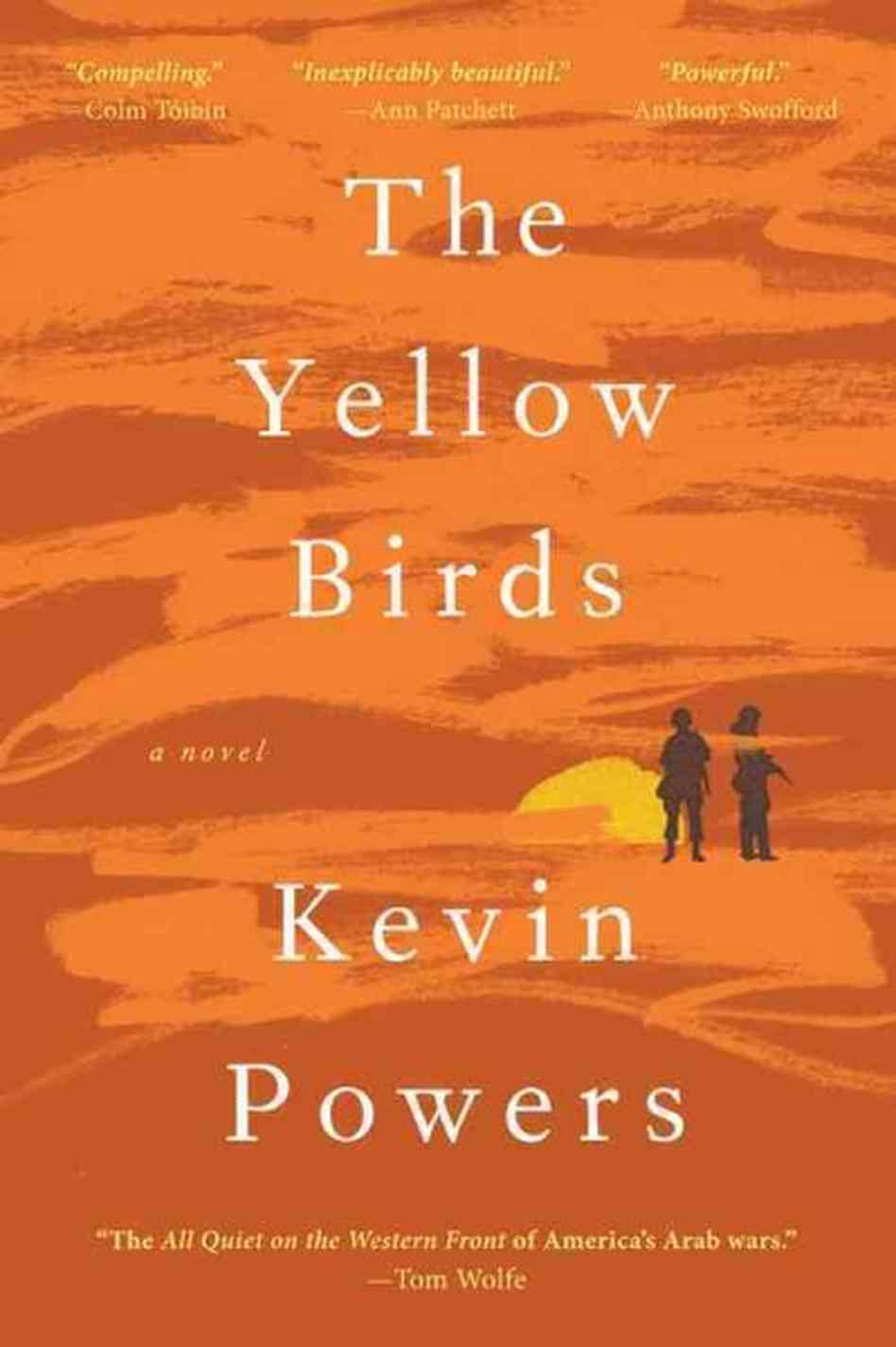
In this critically acclaimed debut novel, two friends – 21-year-old Private John Bartle and 18-year-old Daniel Murphy – are dropped into Iraq, where they find themselves dissociating from reality in order to survive what seem like frivolous – but are in reality life-threatening – missions. Murphy eventually breaks under the pressure, while Bartle faces a moral dilemma inherent in the kind of war where no one really knows what they’re fighting for. Unlike other books in this genre, this one also pays homage to those who wait with bated breath at home for their loved ones to return from battle.
-
'Dispatches' by Michael Herr
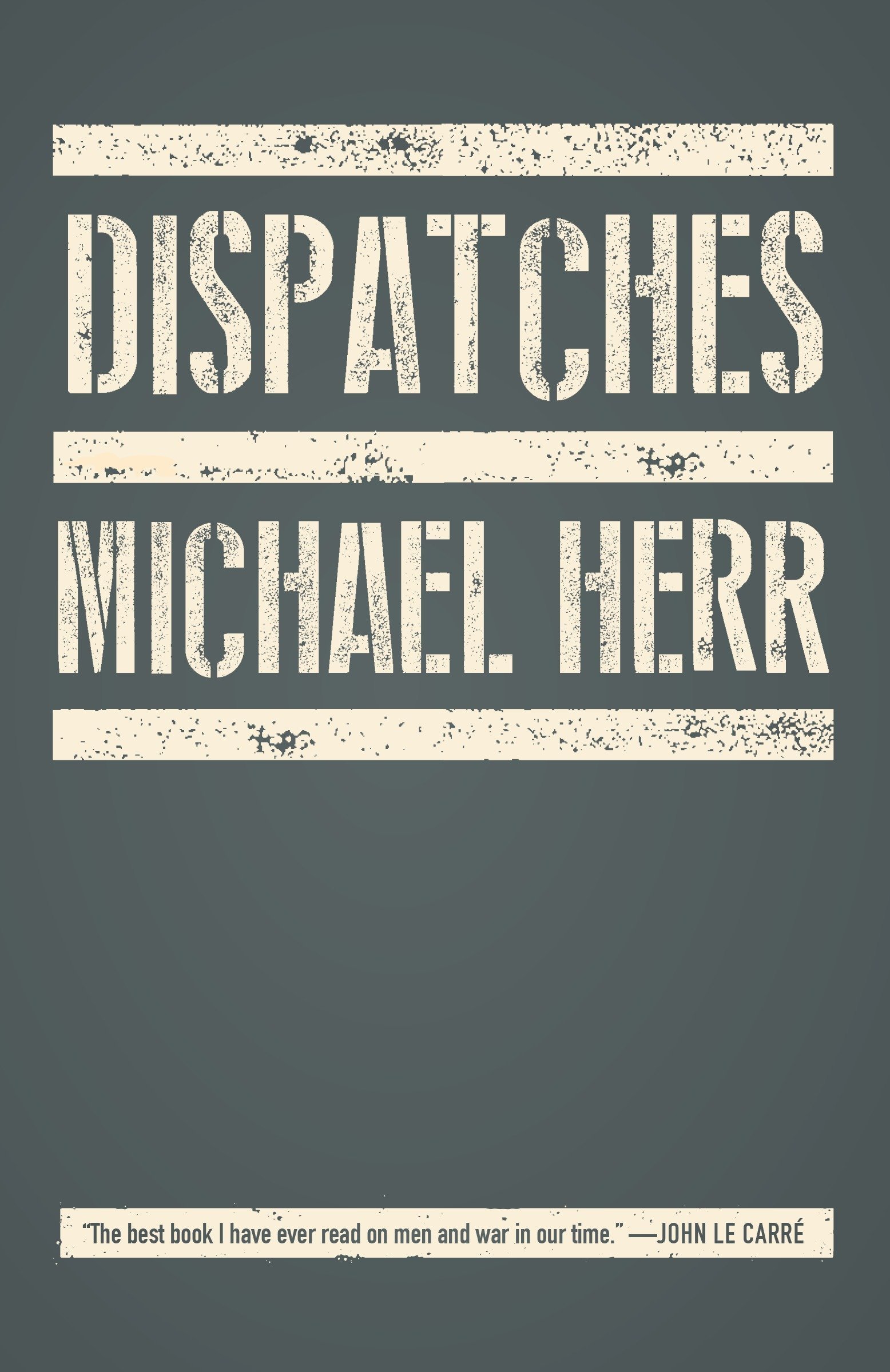
Michael Herr was a war correspondent in Vietnam, and as such, he witnessed unthinkable horror as he was choppered in and out of different pockets of battle. Herr compares the carnage to the sickest kind of porn, and documents it all in an emotional and opinionated way, foregoing the typical detached journalist's tone. This book will disturb you, but that's what the best art is supposed to do.
-
We Were Soldiers Once…And Young by Lt. General Hal Moore And Joseph Galloway
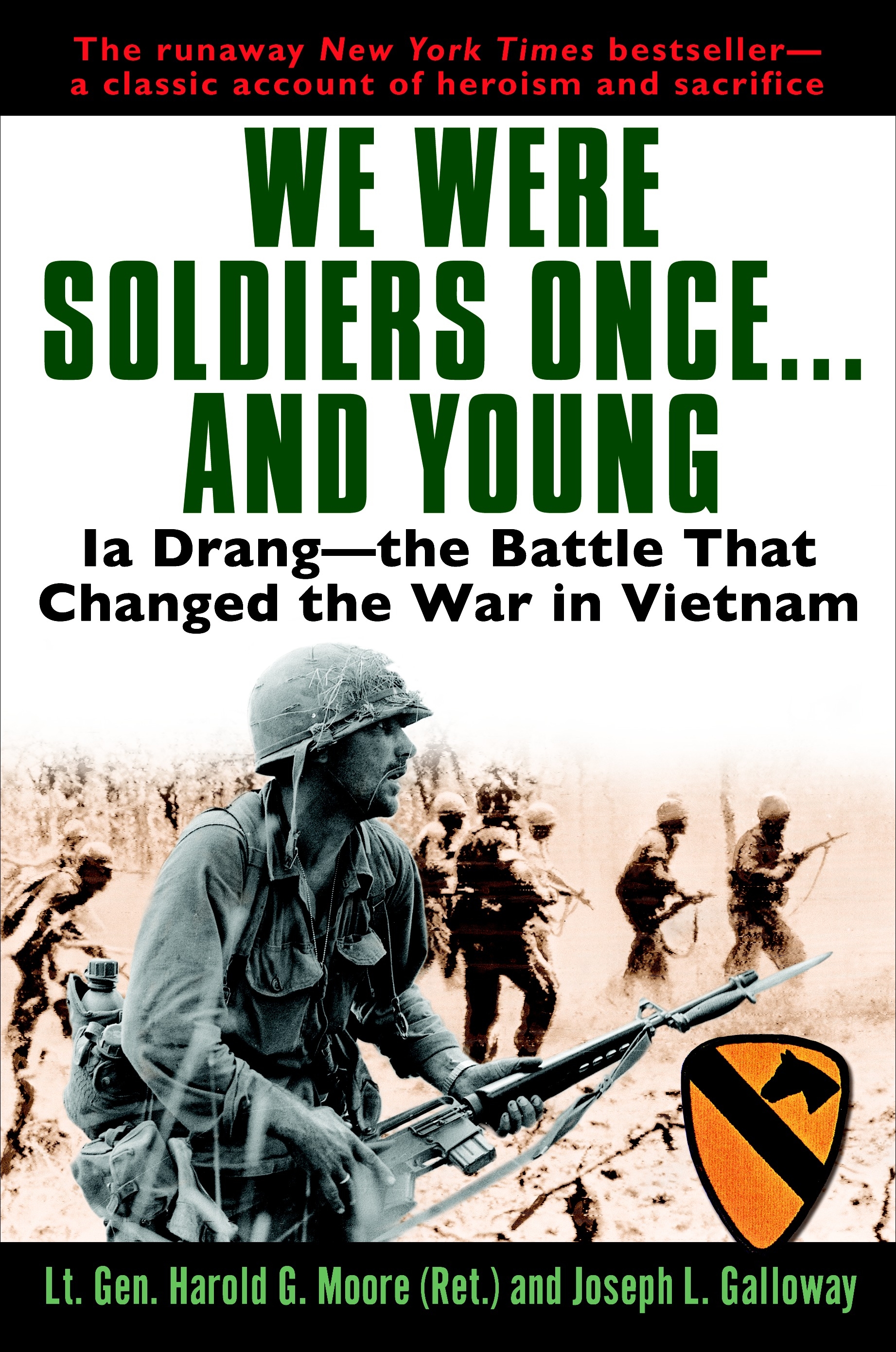
This New York Times bestseller focuses on the battle of Ia Drang in November 1965. It follows the 1st Battalion, 7th Cavalry led by Lt. Col. Hal Moore. He, along with 450 men, found themselves surrounded by 2,000 North Vietnamese soldiers in Ia Drang Valley. Four horrendous days and nights ensued. How they survived is a story pieced together through after-action reports, captured documents, personal recollections of General Moore and journalist Joseph Galloway, and interviews – not only of American veterans who were there, but also by North Vietnamese commanders as well.
-
'Ashley’s War' by Gayle Tzemach Lemmon
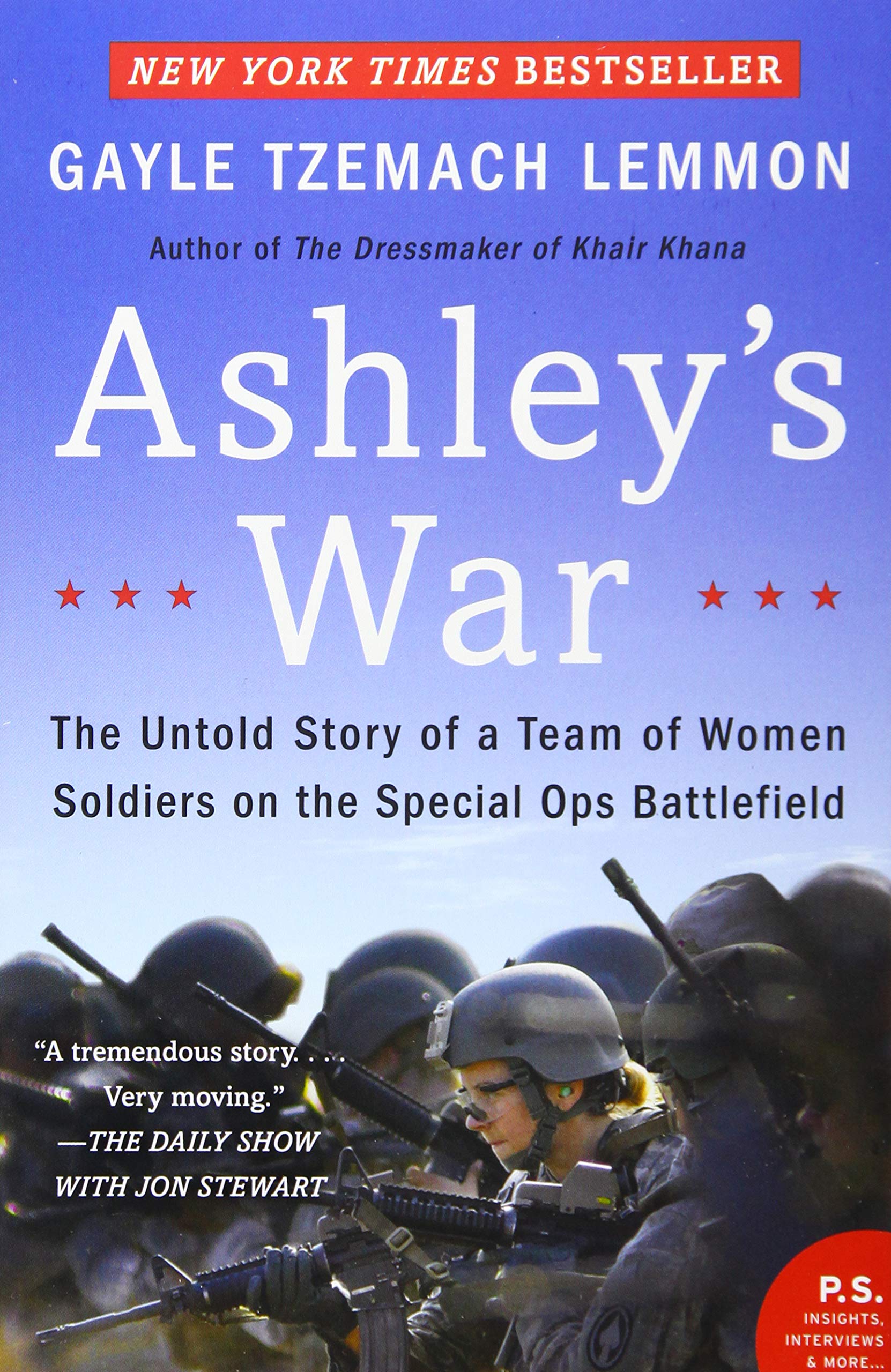
Female soldiers are vastly underrepresented in literary narratives about war, though women’s experiences on the frontlines are just as harrowing and inspiring. This tome centers around CST-2, one of the Cultural Support Teams that were part of a pilot program that placed female soldiers alongside male Special Operations soldiers in Afghanistan. These women were crucial in gathering intelligence, searching for weapons, and calming enemy households. They also discovered the power of sisterhood, as they bonded with one another in a foreign land where they constantly had to prove they were “man enough” to serve.




